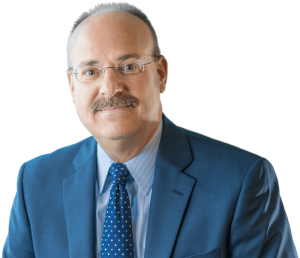Publication Source: New York Law Journal

As the Court of Appeals recently remarked, '[r]eported cases adjudicating the validity of post-employment restrictive covenants go back almost 300 years.'1 Courts have endeavored to balance 'the need of fair protection for the benefit of the employer against the opposing interest of the former employee and the public.'2 Recent case law provides continuing instruction and guidance in the enforcement of these ubiquitous contractual provisions.
In BDO Seidman v. Hirshberg, 93 NY2d 382, 690 N.Y.S.2d 854 (1999), the Court of Appeals reviewed the historical jurisprudence on the enforceability of restrictive covenants, confirmed what it viewed as the accepted principles and gave further guidance in determining whether and under what circumstances these provisions will be upheld as agreed. In BDO Seidman, a certified public accountant in a national accounting firm agreed 'that if, within 18 months following the termination of his employment, he served any client of [the firm's] Buffalo office, he would compensate [the firm] 'for the loss and damages suffered' in an amount equal to 1 1/2 times the fees [the firm] had charged that client over the last fiscal year of the client's patronage.' Id. at 387; 690 N.Y.S.2d at 856.
Citing several cases approving of restrictive covenants against physicians, the Court acknowledged that greater weight had been given to the interests of employers in restricting competition among 'professionals.' Id. at 389; 690 N.Y.S.2d at 857. Although it acknowledged that 'accountancy has all the earmarks of a learned profession,' the Court declined to afford the agreement in question such 'wider latitude,' refusing to enforce the restriction over 'clients with whom [the employee] never acquired a relationship through the direct provision of substantive accounting services during his employment' or 'to personal clients of defendant who came to the firm solely to avail themselves of his services and only as a result of his own independent recruitment efforts,' which were neither 'subsidized nor otherwise financially supported' by the firm. Id. at 389, 393; 690 N.Y.S.2d at 857, 859.
-----
Kevin Schlosser is a Shareholder and Chair of the Litigation and Alternative Dispute Resolution Department at Meyer, Suozzi, English & Klein, P.C. He handles complex commercial litigation, is on the Roster of the AAA National Panel of Commercial Arbitrators, serves as outside general corporate counsel, and is author of the New York Fraud Claims Blog, www.nyfraudclaims.com.
Reprinted with permission by the New York Law Journal.
990 Stewart Avenue, Suite 300,
Garden City, NY 11530
750 Ninth Street, Suite 501
Washington, D.C. 20001
Phone(202) 887-6726Fax:(202) 223-0358


